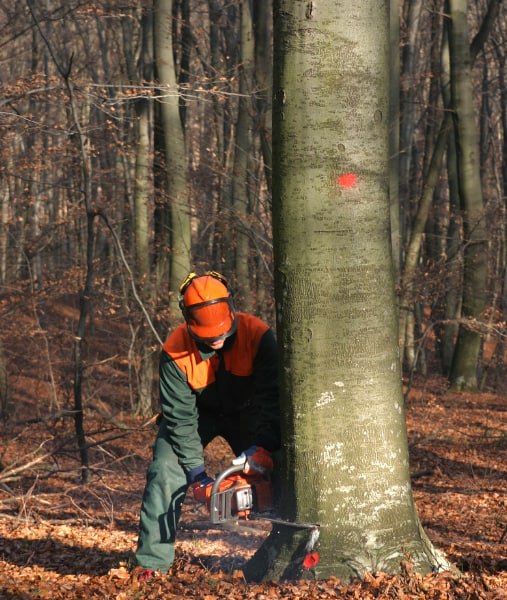
Introduction: In the practice of Feng Shui, the arrangement of outdoor spaces plays a crucial role in creating harmony and balance. Trees are integral elements of outdoor landscapes, and their placement and shape can significantly impact the flow of energy, or chi, in a space. When done with mindfulness and intention, tree reshaping can enhance the positive energy flow and create a more harmonious outdoor environment. In this blog post, we’ll explore the principles of Feng Shui and how tree reshaping by T Wells Tree Surgeons can help harmonise your outdoor spaces.
Understanding Feng Shui:
Feng Shui is an ancient Chinese philosophy that focuses on creating harmony and balance in the environment by optimising the flow of energy, or chi. According to Feng Shui principles, the arrangement of objects, including trees and plants, can influence the quality of energy in a space and impact various aspects of life, including health, wealth, and relationships. Individuals can create spaces that promote well-being and prosperity by aligning outdoor elements with Feng Shui principles.
The Role of Trees in Feng Shui:
Trees symbolise growth, stability, and vitality in Feng Shui. They are believed to absorb negative energy and promote the flow of positive chi throughout the landscape. However, the placement and shape of trees are essential considerations in Feng Shui practice. Trees with irregular or imbalanced shapes can disrupt energy flow and create disharmony in outdoor spaces. Tree reshaping offers a solution for aligning trees with Feng Shui principles and optimising energy flow.
Harmonising Outdoor Spaces with Tree Reshaping:
Tree reshaping involves pruning, trimming, and shaping trees to promote balance, symmetry, and harmony in outdoor environments. By selectively removing branches and foliage, tree surgeons can enhance trees’ natural form and structure, creating a more balanced and aesthetically pleasing landscape. Additionally, tree reshaping can open up views, improve air circulation, and allow more natural light to filter, further enhancing the positive energy flow in outdoor spaces.
Key Considerations for Tree Reshaping in Feng Shui:
- Balance and Symmetry: When reshaping trees for Feng Shui purposes, strive for balance and symmetry in their appearance. Ensure that the canopy is evenly shaped and free from irregularities or imbalances.
- Clear Pathways: Maintain clear pathways and sightlines by trimming branches that obstruct views or impede energy flow. Clear pathways allow chi to circulate freely throughout the landscape, promoting a sense of openness and vitality.
- Natural Forms: Preserve trees’ natural forms and shapes while reshaping them. Avoid overly aggressive pruning techniques that may harm the tree’s health or disrupt its natural growth patterns.
- Mindful Intentions: Approach tree reshaping with mindfulness and intention, focusing on creating a harmonious and balanced outdoor environment. Visualise the desired outcome and communicate your intentions to the tree as you reshape it.
Conclusion: Incorporating tree reshaping into your outdoor space design can enhance the principles of Feng Shui and promote harmony, balance, and positive energy flow. Working with experienced tree surgeons can create a harmonious outdoor environment that nourishes the mind, body, and spirit.
Call us on: 01892 352898
Click here to find out more about T Wells Tree Surgeons
Click here to complete our contact form and see how we can help with your tree’s needs.